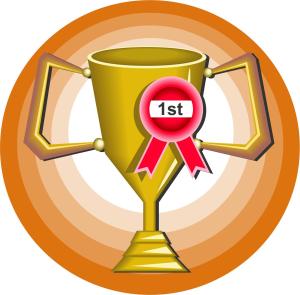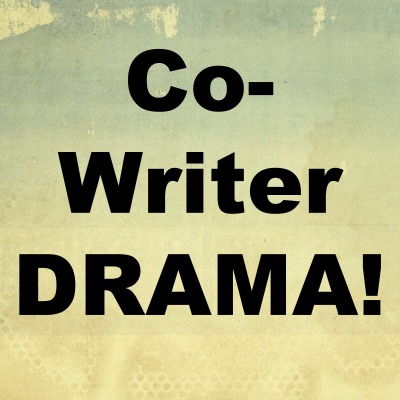Throughout the years I’ve worked with many new writers who enter competitions as a way to get their songs heard. While I admit that when I was coming up in the songwriting world competitions didn’t seem to get on my radar, I know that in this current climate they’re everywhere.
I even recommend entering song competitions to some of the people I mentor.
I don’t, however, think winning a competition is the point of entering the song.
I’ve judged lots of competitions, and I’ve listened to thousands of songs. As I sit here typing this, I can only remember the title of one song of all the winners.
And that one is a song one of my mentorees wrote which just won a competition over the weekend.
I think the point of entering competitions is to get your name in the game.
Like I said, I can only remember the title of one winning song, but I know countless names of writers who’ve entered those competitions. I’ve seen all kinds of writers land successes just based on being present. Some of my favorite people are ones I’ve met through being asked to give feedback on a song.
So, if your song loses a competition, should you quit?
Maybe.
I know, you were expecting a resounding “NO,” but I honestly can’t give that to you.
The question is more complicated than that to me.
See, every time my publisher sends one of my songs to an artist for consideration, I’m competing with other songs and other writers for a spot on a project. The entire nature of a staff writer’s career is based on competition if you think about it.
So, if you enter a song competition and your song doesn’t rise to the top of this particular competition, welcome to the reality of the whole thing. Music is subjective and sometimes even the song you wrote that you love the most doesn’t rise above the others.
It happens.
So should you quit?
That’s a question only you can answer.
…but I can assure you it won’t be last time your tune gets passed over.
My advice?
- Decide what matters to you.
- Figure out what you’re willing to put on the line for the sake of writing.
And whatever your honest answer to those questions are should dictate whether or not losing a songwriting competition makes you quit writing songs.


 Follow
Follow






